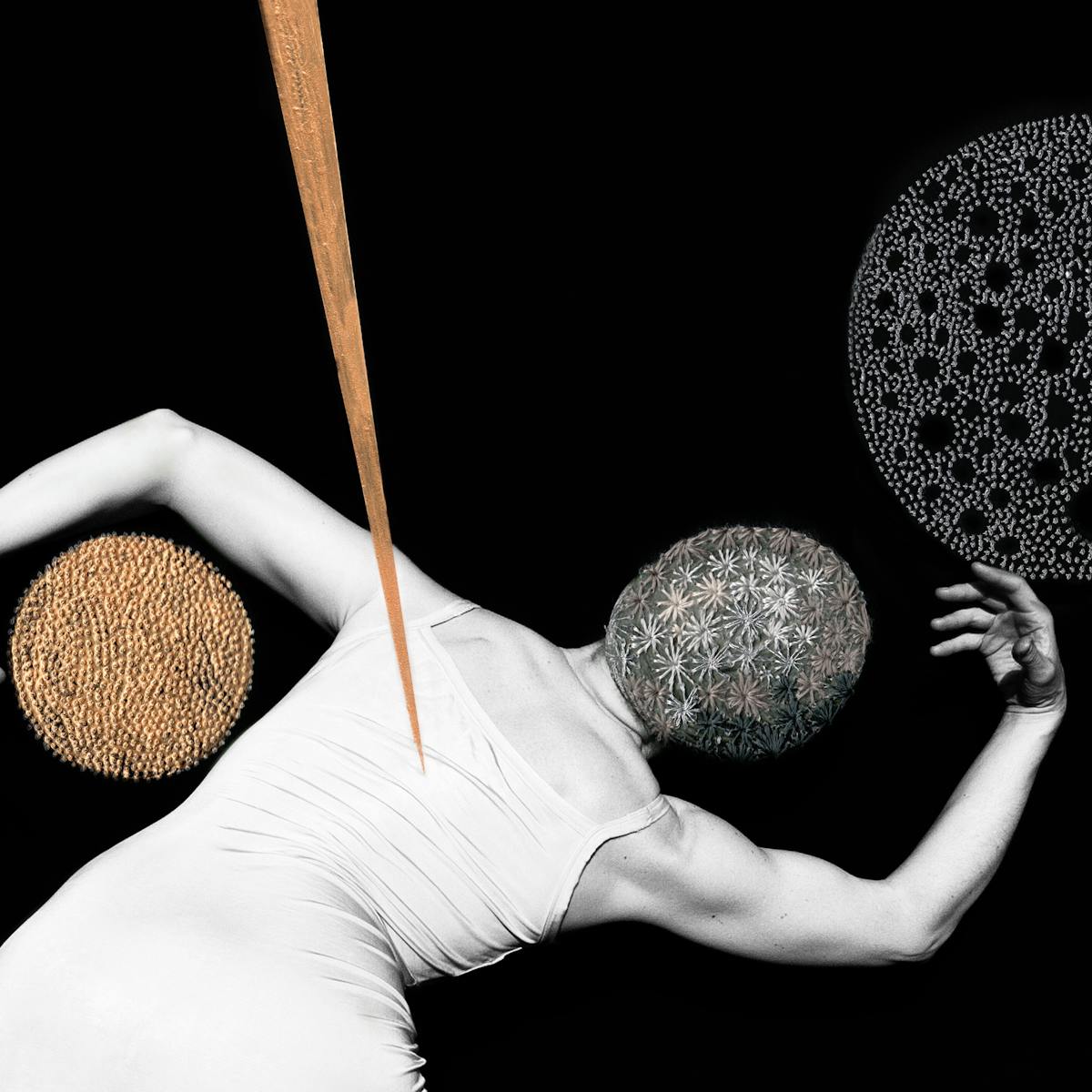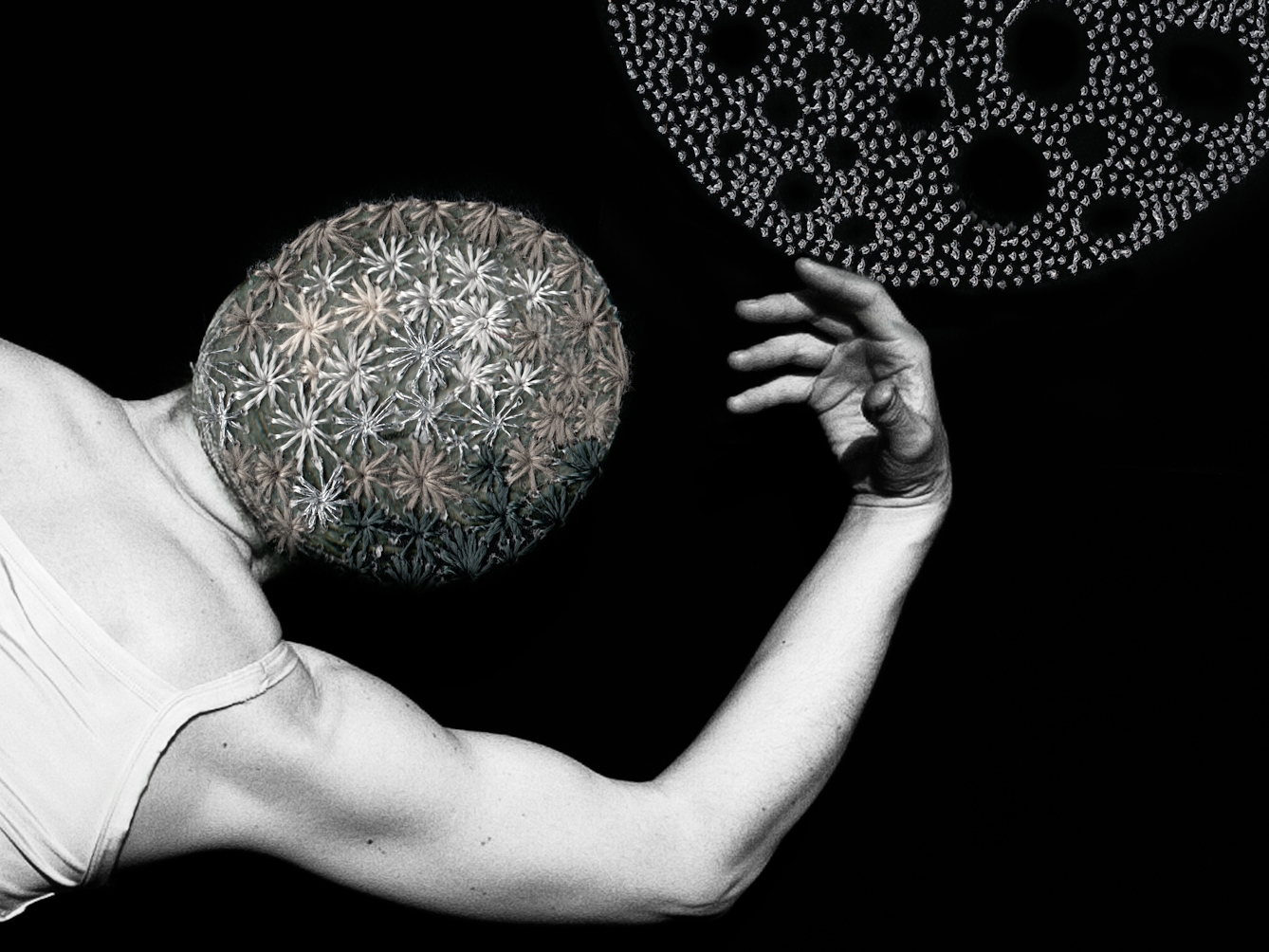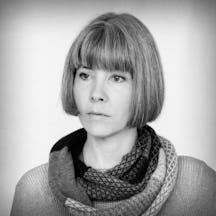Coming out as trans meant leaving behind life as she knew it. Living in a new city, Dr Adrienne Macartney turned to sex work to fund two degrees, but enduring prejudice continued to limit her options. She reveals why trans sex workers are no less vulnerable than their cis-gender colleagues.
Being trans in the world of sex work
Words by Dr Adrienne Macartneyartwork by Jessa Fairbrotheraverage reading time 6 minutes
- Article

I came out as gay before coming out as trans. It felt easier, more socially comprehensible, despite being a misnomer. Trans was too much, too indigestible, too terrifying.
However, I soon realised I needed to fully come out as trans, to give honest air to a painful need to stop living a burdensome mask of masculinity – one that was tearing me apart ever more destructively. At the time I was a mountain guide, and climbing increasingly big peaks alone, simply willing death to excuse me from addressing who I was.
The common perception that people who gender transition do so because of a sexual kink is a damaging and usually inaccurate narrative. I get no ‘thrill’ from wearing female attire. My personal sexual tastes are positively mundane compared to many.
To this day I cannot describe with precision the boundary between man and woman, yet socially and practically most of us recognise the difference in our day-to-day interactions. I felt I was in the wrong camp and would simply perish if I stayed there.
Shame and self-hate
The social castigation of coming out was far in excess of anything I anticipated. Old friends became silent, and warm relationships cooled to frosty hostility. My family thought I was having an embarrassing ‘phase’ and were entirely unsupportive. I had been married for a year, and we tried to find a way through, but my wife understandably needed time away, and left.
It became futile to continue my job, partly through personal shame, and partly because of its social nature and the close ties my wife had to it. I left for Edinburgh, where I would be anonymous. I saw it as an escape, a place to resolve a healthier path for myself.
Finding another job proved impossible, no matter how menial or low paid. My wife was Canadian, midway through gaining a UK passport, and I could not claim benefits without jeopardising this. After a few months of unemployment, my savings had gone and I had sold everything I had of value.

"I soon realised I needed to fully come out as trans, to give honest air to a painful need to stop living a burdensome mask of masculinity."
Transitioning using the NHS means presenting as female all day, every day. Failure to do this risks being rejected from the long waiting lists. A sensible mandate in some respects, it has subtle cruelty in early transition, when one is not physically perceived as female by most. Society exposes its sheer hatred to the transsexual who does not ‘pass’. Spat at, called “tranny”, “scum”, “chick with a dick”, jeered at; it was the steady, ubiquitous nature of this hate that destroyed my self-confidence. Every long stare, every muttered insult on every street, every day, made me turn in on myself and fill with self-hate.
Funding my studies with sex work
Someone on a trans support forum suggested escorting, and I thought: Why not? A brutal solution to a complex financial problem. Initially I had no confidence and my rates were minuscule. I used an online platform, and men started to arrive at my damp basement flat in Leith. I remember shaking like a leaf waiting for the first client. After, I gave myself the enormous treat of a pub meal; an unaccustomed luxury and a good example of the food insecurity many sex workers face.
Months passed and my confidence rose along with my fees. I learned the trade, how to manage emotional and physical boundaries with clients and how to ensure safe sex. I discovered how to avoid client tricks, such as condom removal, and scams, such as underpayment. Safe sex is often difficult to demand, and it is only more recently that I have insisted condoms be used on oral.
I managed to save money, moving out of the damp flat into a beautiful place overlooking Arthur’s Seat, a hilly beauty spot in Edinburgh, all the while studying a BSc in geoscience at the Open University. At the time the OU ran a scheme that allowed low-income students to study for free, a powerful tool for social mobility and opening up routes out of bad places.
I gained a first with honours and was offered a PhD funded by the UK Space Agency. Escorting was over, I thought. I had my main transition surgery midway through the doctorate, and physically it hit me hard. I took longer to recover than I expected; I have always healed slowly. The university gave no funded time off, and my grant expired with the PhD unfinished.
I returned to escorting, as I knew it would allow me time to study. The PhD had given me confidence, though, and I found myself expecting better treatment from my clients. I think this correlated with a rise in my feelings of self-worth, which can be a side effect of education and training programmes.
It is important for government, law and policy makers, charities and the public to see trans sex workers in the same way as other sex workers.

"The PhD had given me confidence and I found myself expecting better treatment from my clients. I think this correlated with a rise in my feelings of self-worth."
I eventually finished my PhD and straight away gained a lecturer position at the University of St Andrews and also taught robotics at Glasgow. During my doctorate I had been running a science communication project called Science Hooker, which, in addition to science, discussed sex-workers’ rights and how criminalising legal models unfairly punish sex workers. My students began following this media and I soon found my contracts cancelled. I became an escort once again, albeit with a very select clientele and unique funding arrangements.
Facing prejudiced presumptions
Being transgender initially caused social exclusion and unemployment. Later, being open about my sex-work history caused further unemployment. My engagement with sex work has always been for financial reasons, never to seek thrills or satisfy a kink. Over time my escorting skills and fees increased until it became the most logical method of earning money, despite no longer being the only option, as I ‘passed’ as a female in society and could potentially gain other work.
However, the type of escorting I provided had changed. No longer offering high-risk quickies, instead I now offer trips to European capitals, often purely platonically, to clients I trust. The work has become safer and thus more appealing.
It often feels as though there’s a common perception that trans sex workers are less vulnerable than other sex workers, that we are providing commercial sex more as a hobby, to fulfil sexual fantasies, somehow part of the equation of changing gender. In truth, the motivations of most trans sex workers are dominated by the same needs as other sex workers: the need to earn money for food and accommodation; to survive in a landscape that’s fiercely hostile.
It is important for government, law and policy makers, charities and the public to see trans sex workers in the same way as other sex workers.
We are no more likely to be sexual predators or unstable people than anyone else. We are no more likely to engage in risky sex than other sex workers. We do not engage in sex work for more frivolous or sexually motivated reasons than other sex workers. Policy, healthcare and support-work access should reflect this, not perpetuate the stigma and assumptions society holds of trans people.
About the contributors
Dr Adrienne Macartney
Dr Adrienne Macartney has worked as a sex worker, on and off, for approximately ten years. During this time she gained a first in her BSc in geoscience at the Open University, and a PhD in geochemistry and space engineering at the University of Glasgow, funded by the UK Space Agency.
Jessa Fairbrother
Jessa Fairbrother is a visual artist using photography, performance and stitch. Her long-term investigations revolve around subjects of yearning and the porous body. Her work is held in numerous private and public collections worldwide, including Tate Britain, the V&A, the Yale Center for British Art and the Museum of Fine Art, Houston. Her work is represented by the Photographers’ Gallery, London and AnzenbergerGallery, Vienna. She is also a QEST (Queen Elizabeth Scholarship Trust) scholar.

